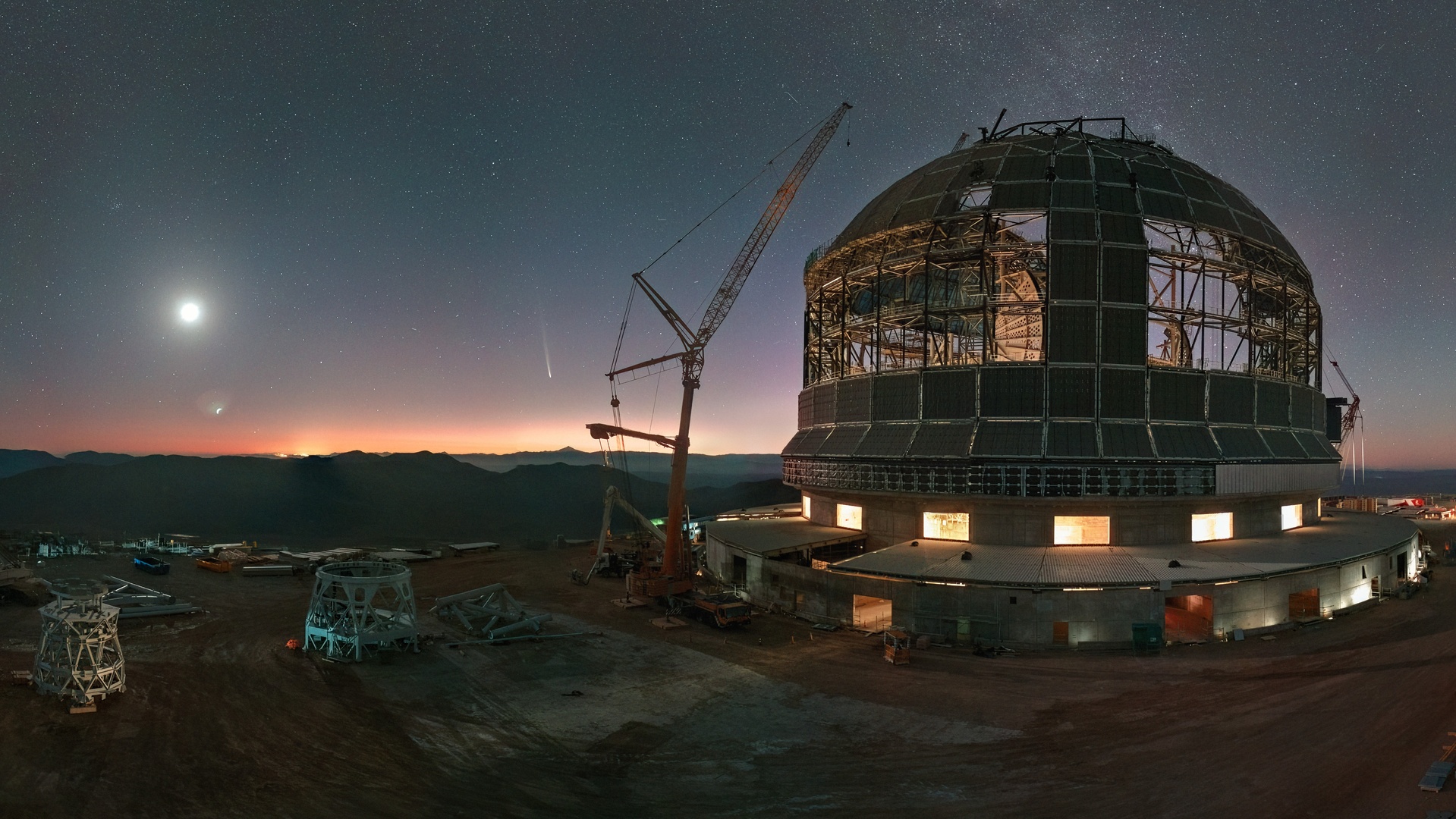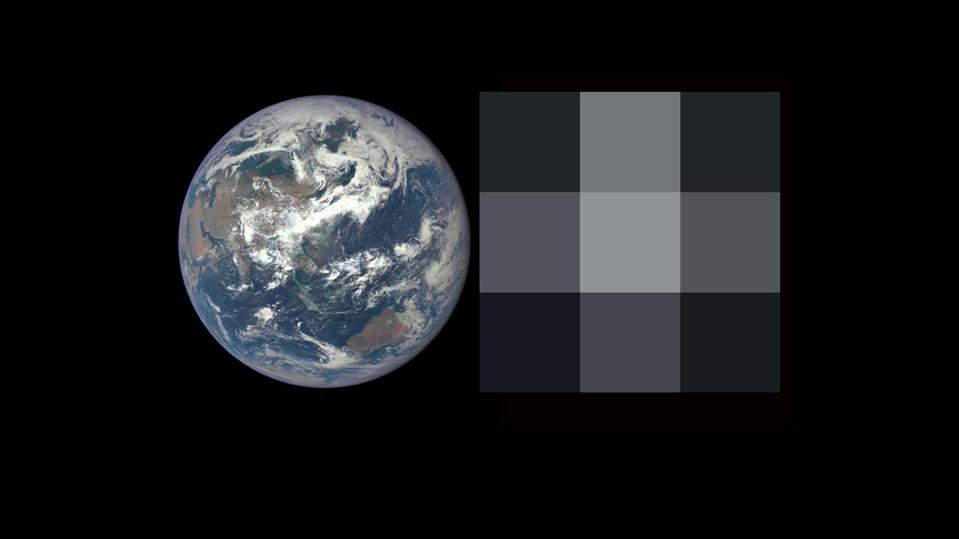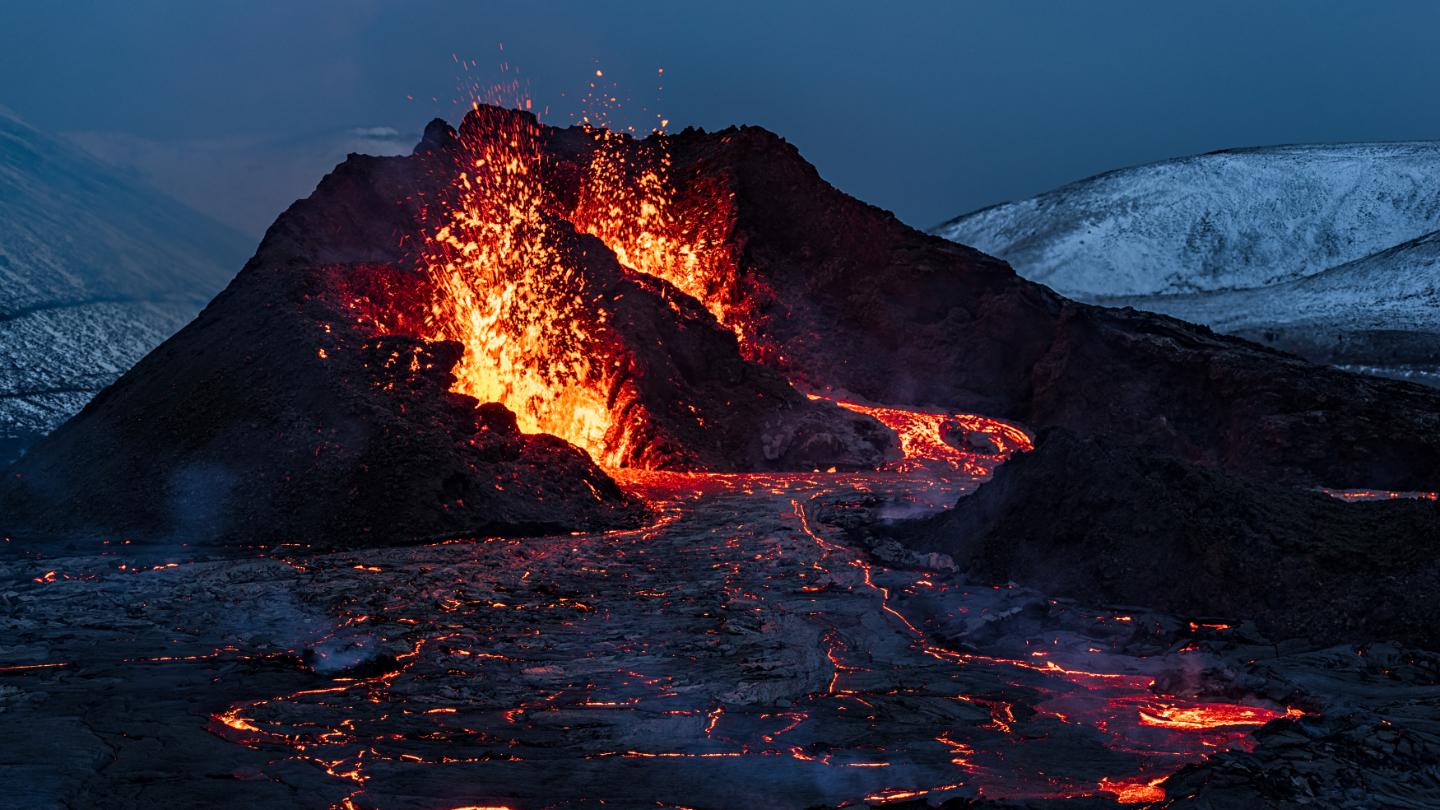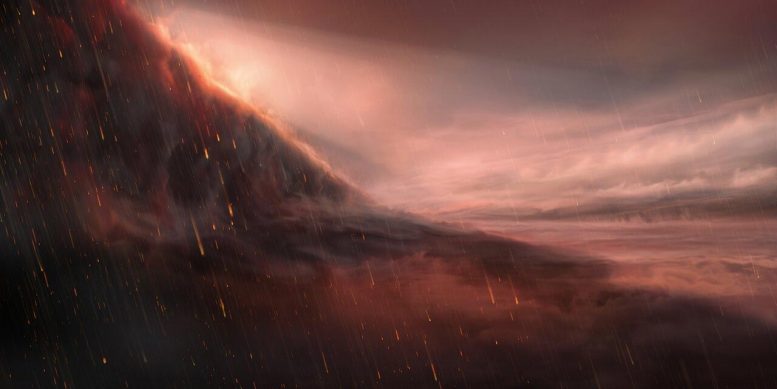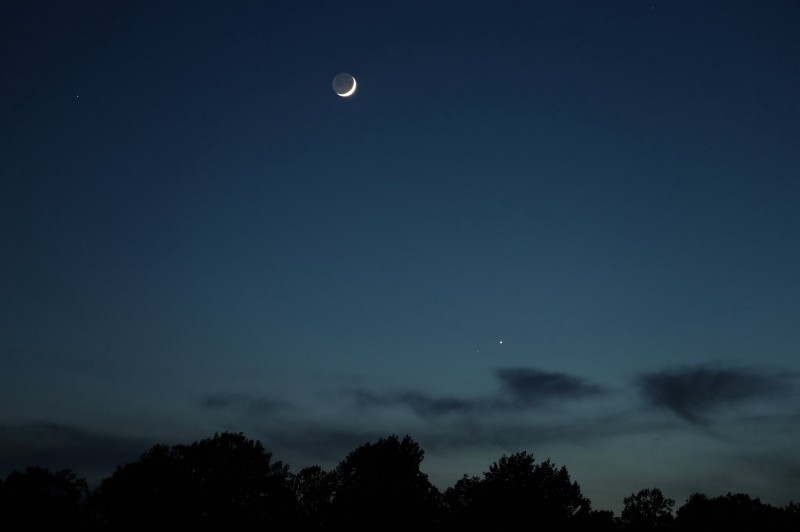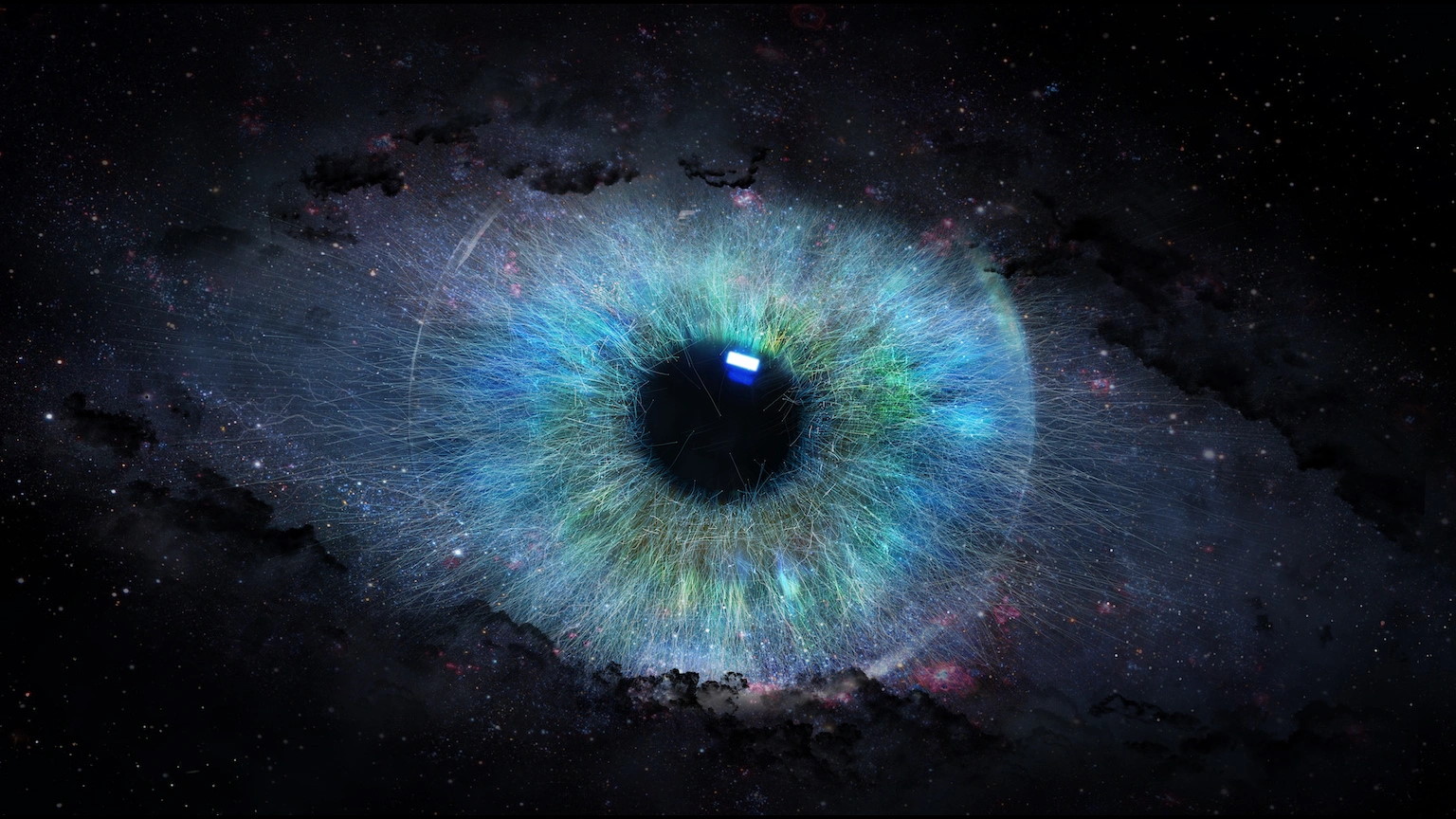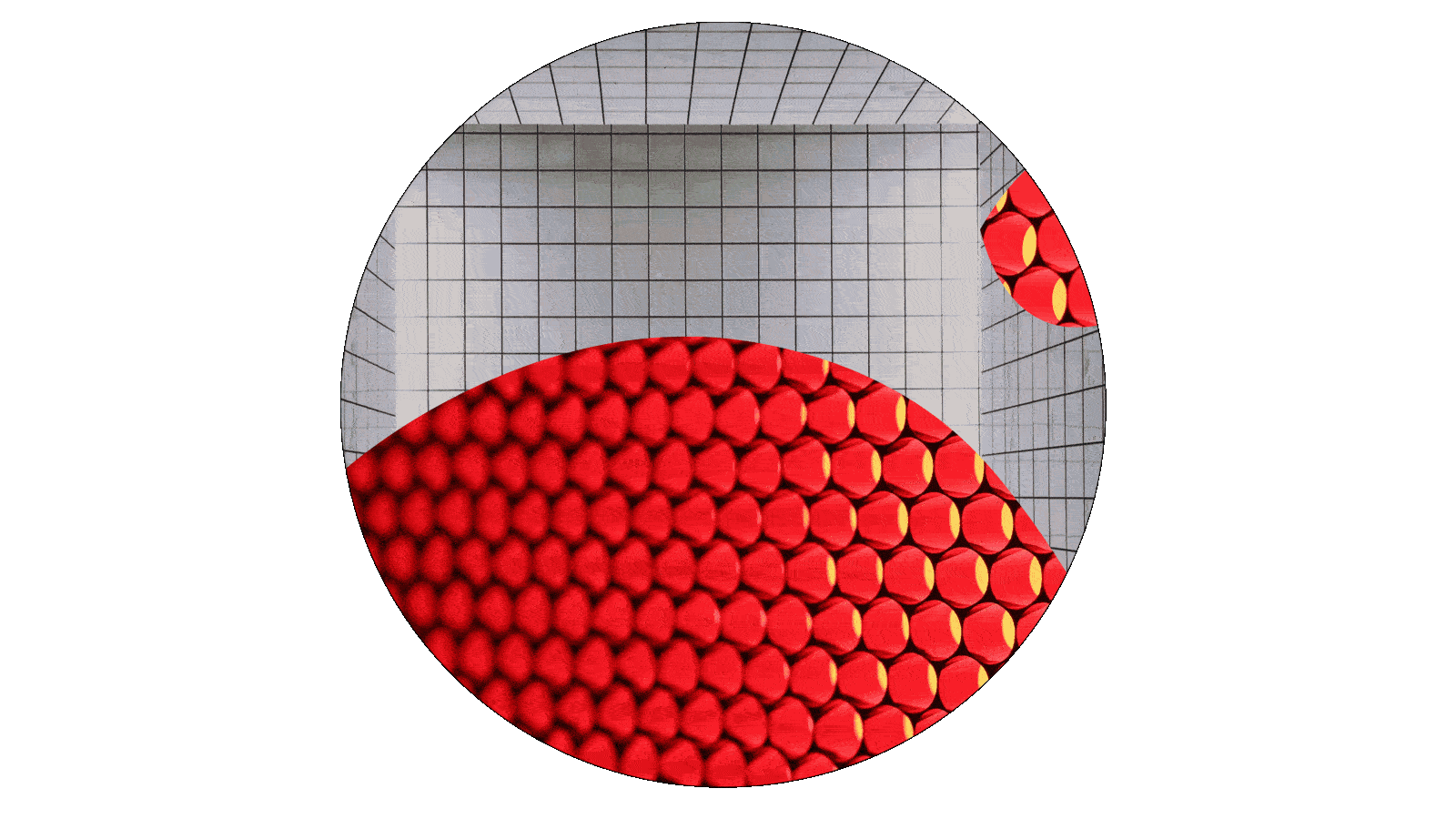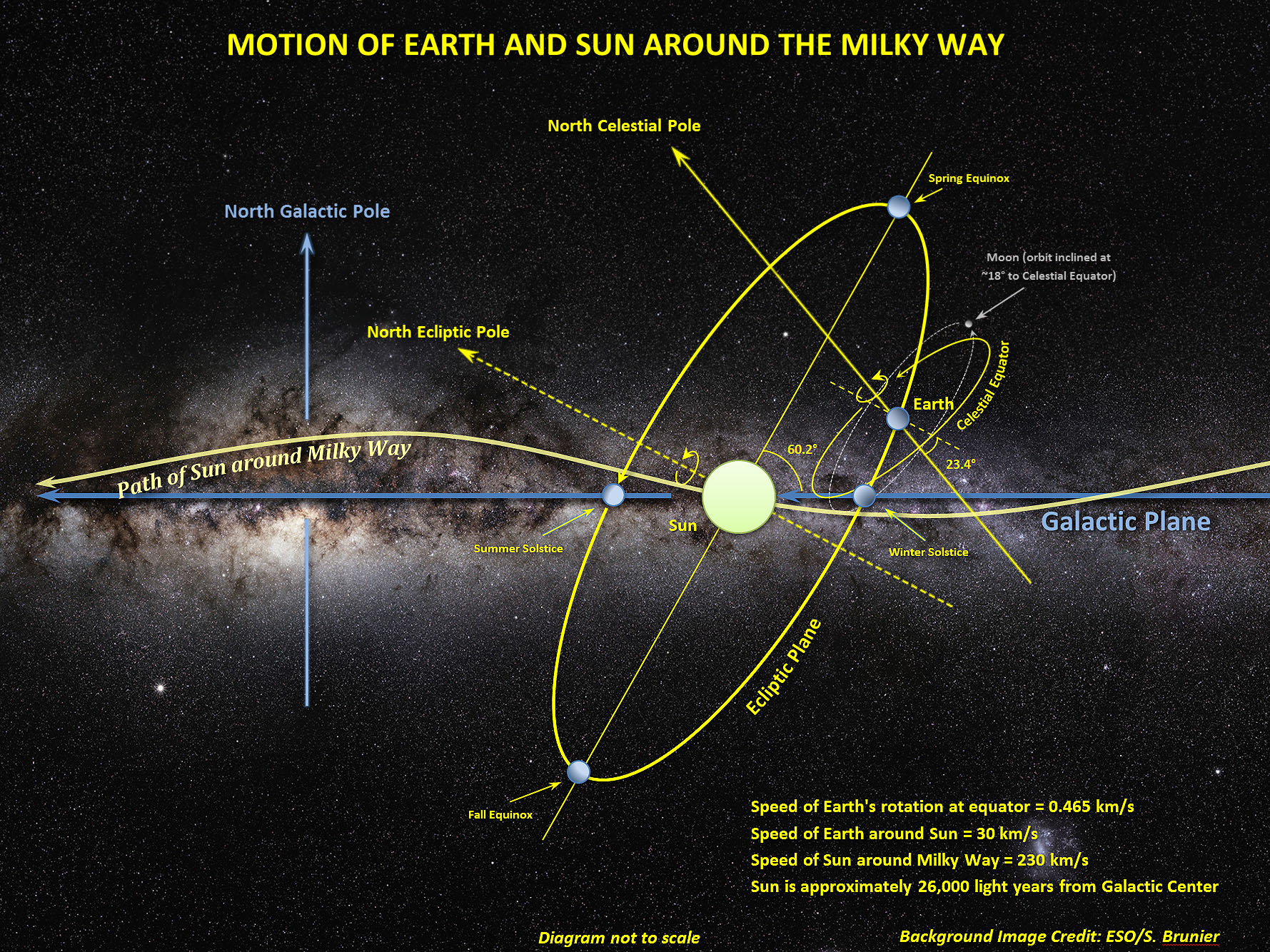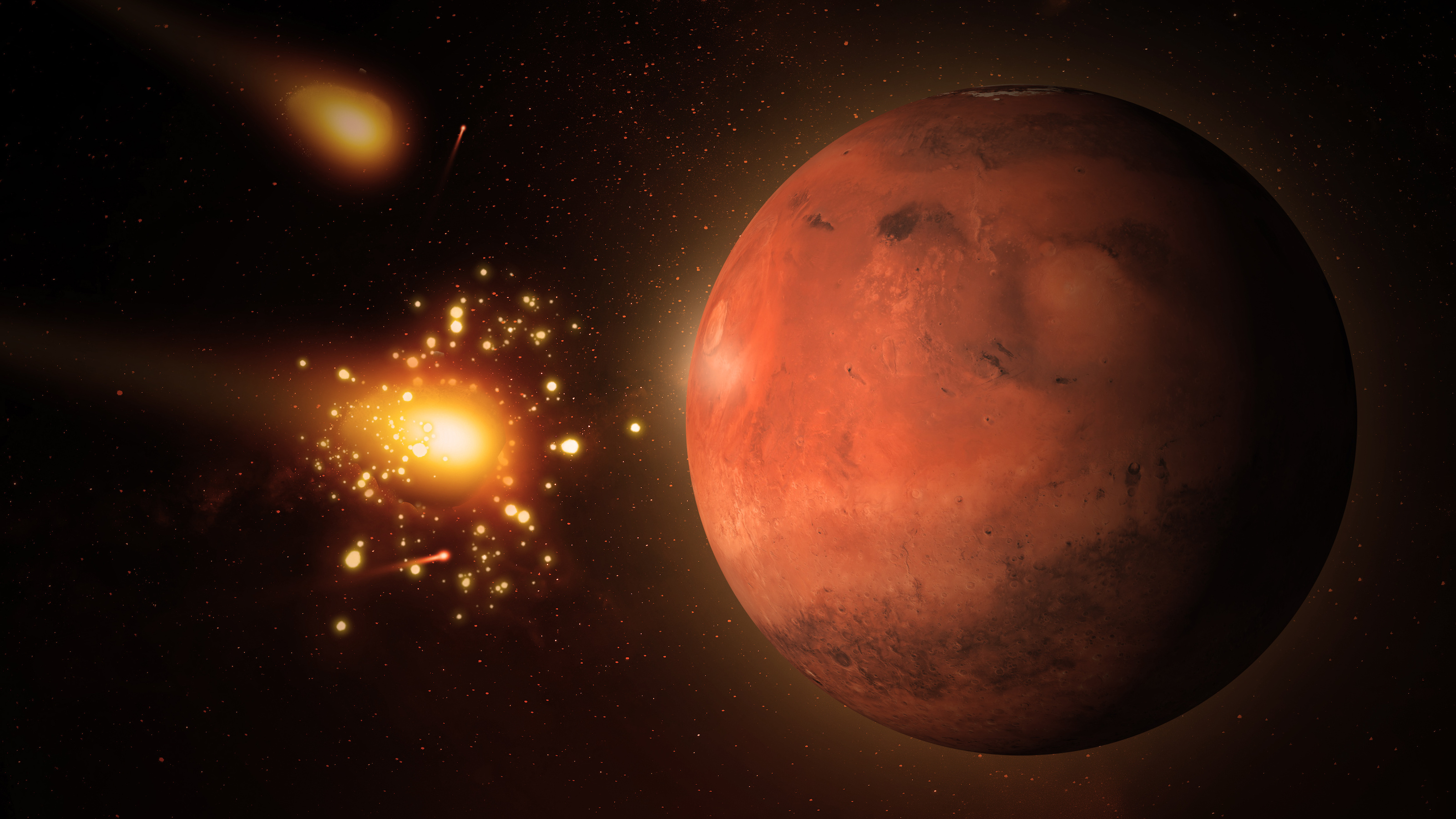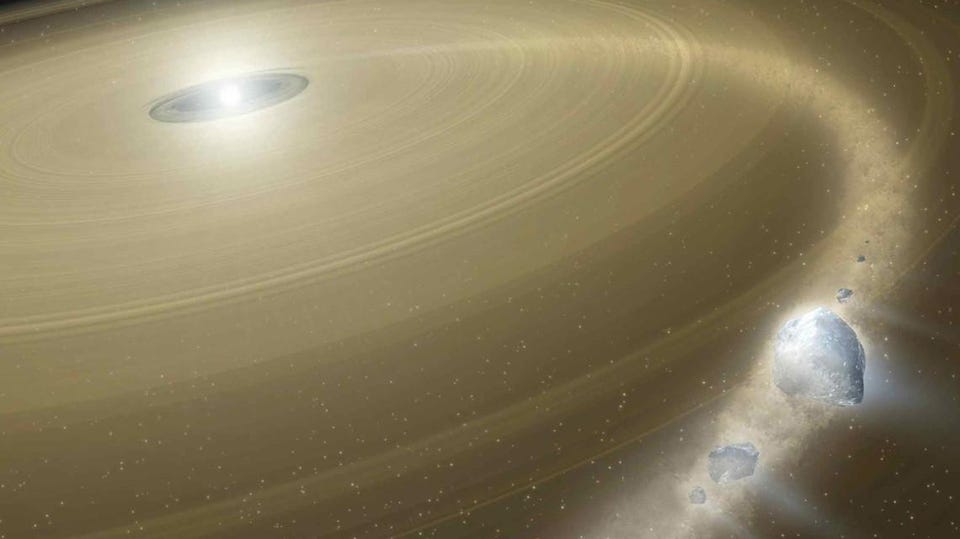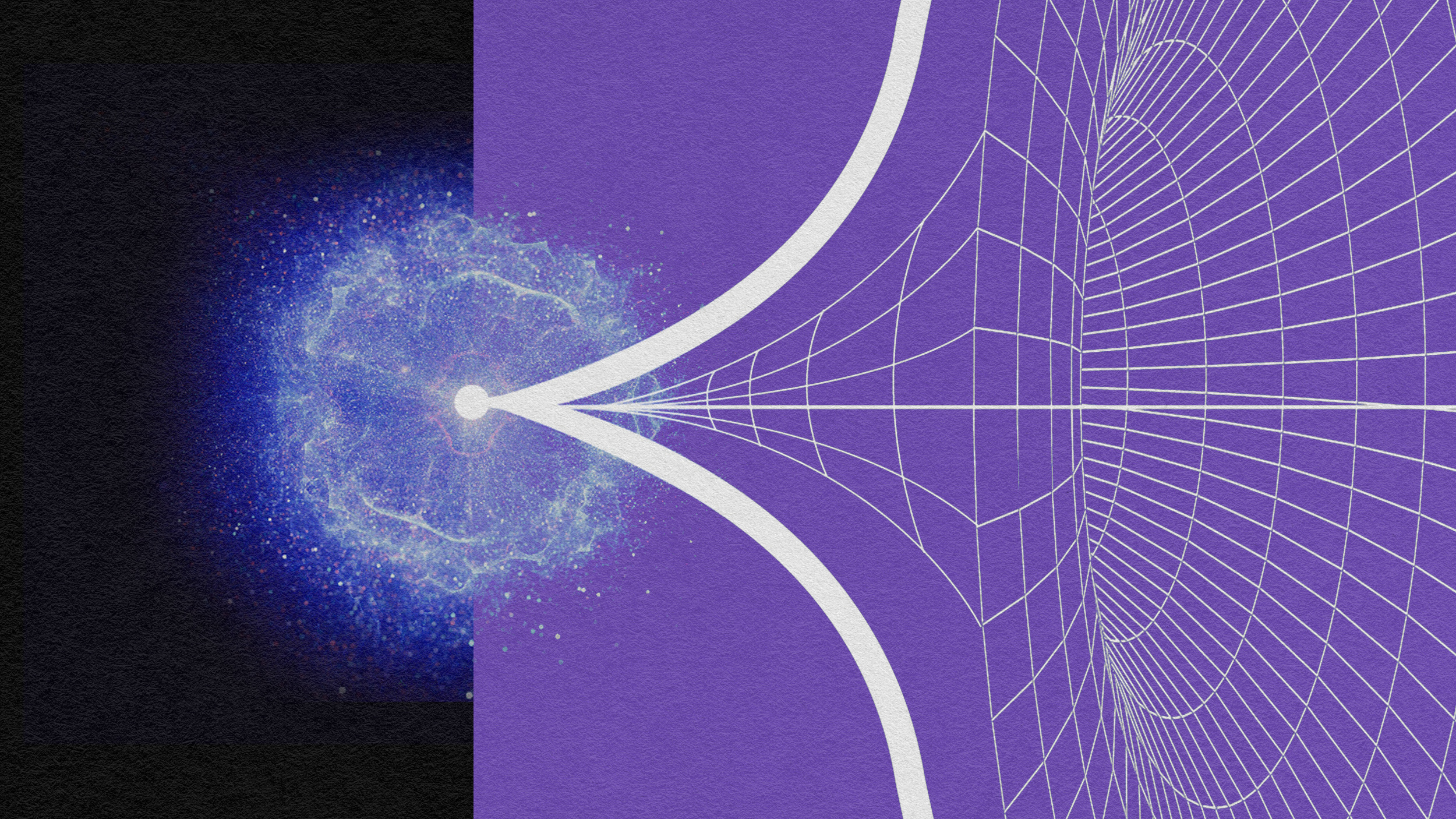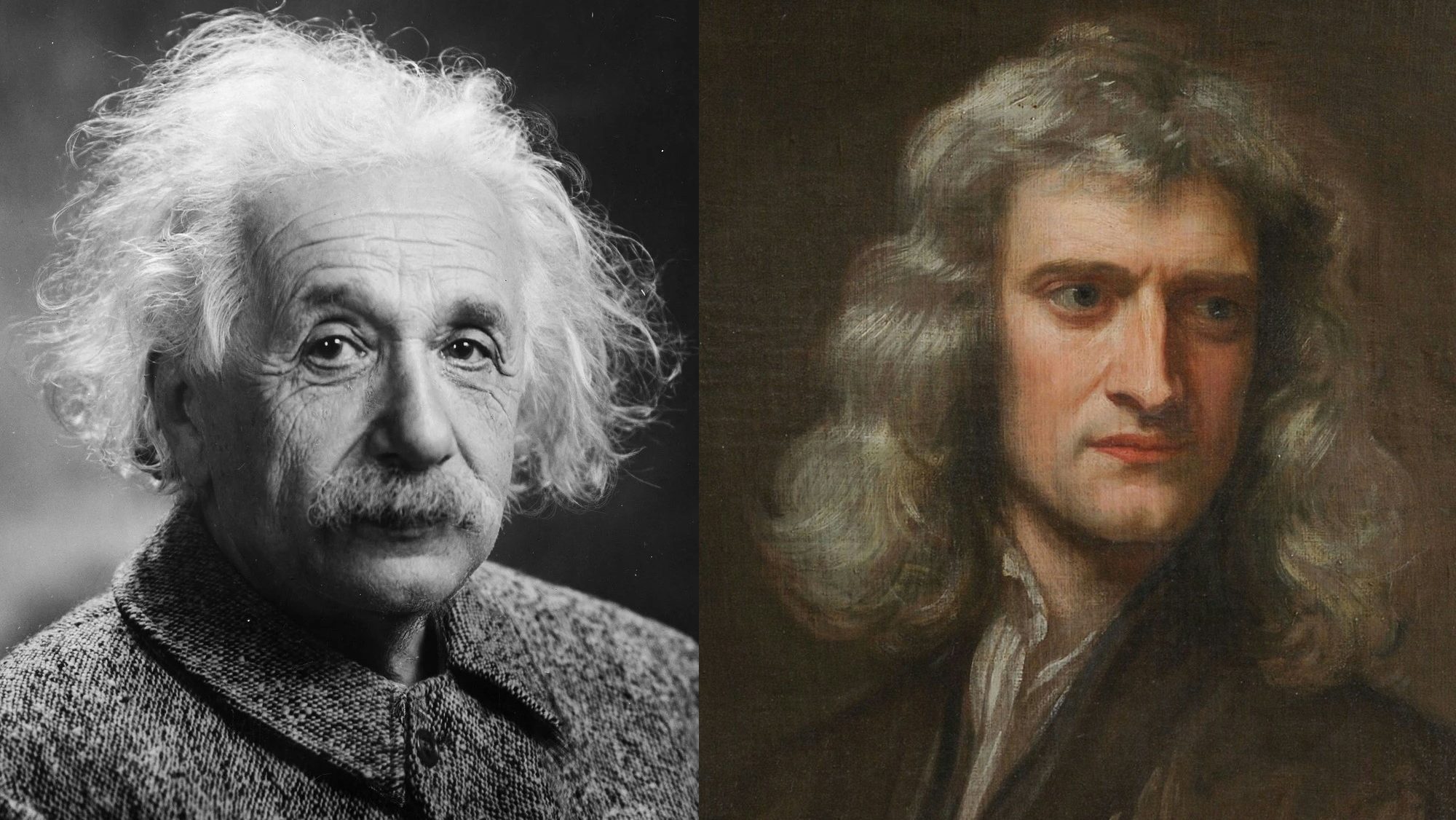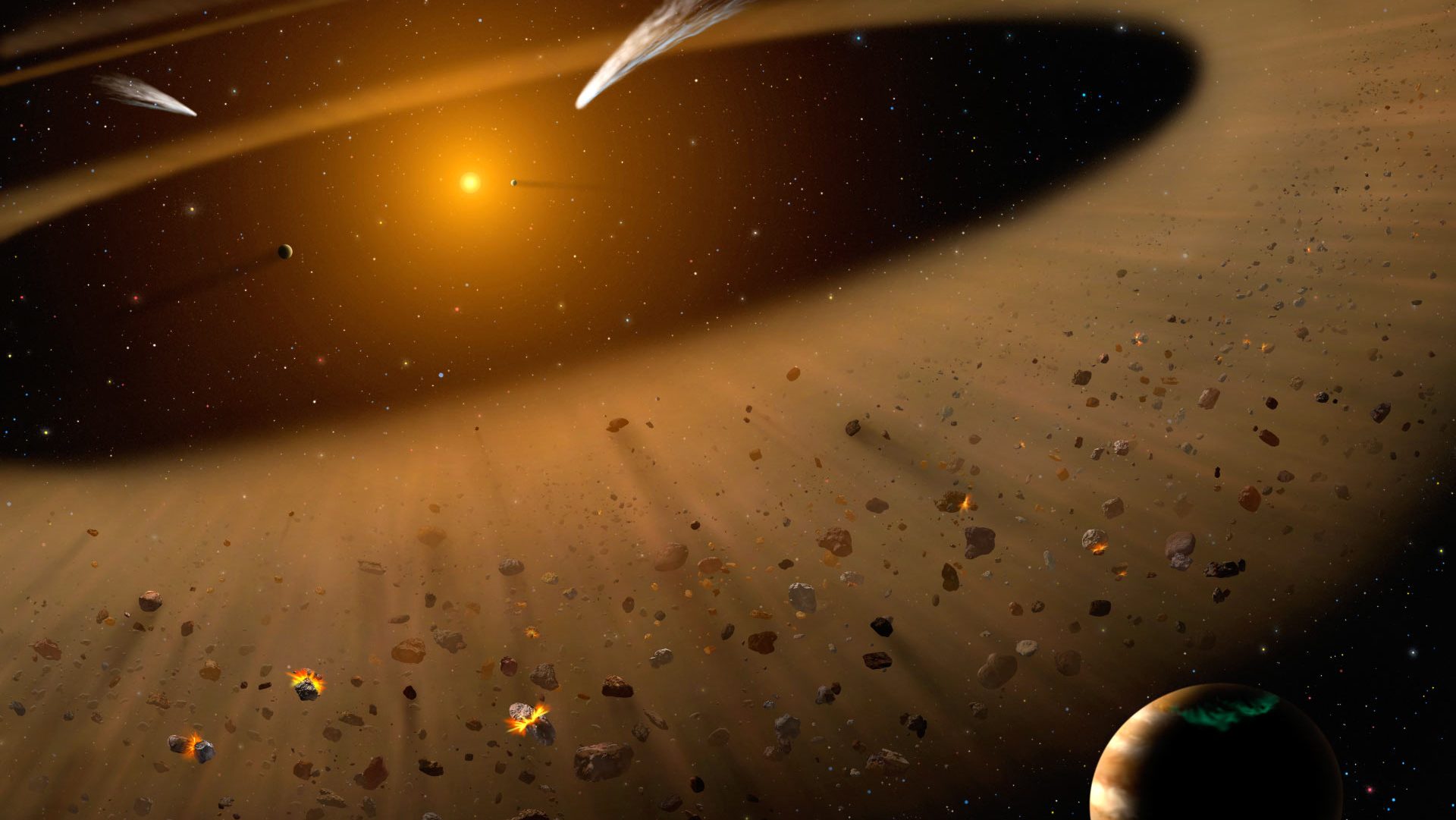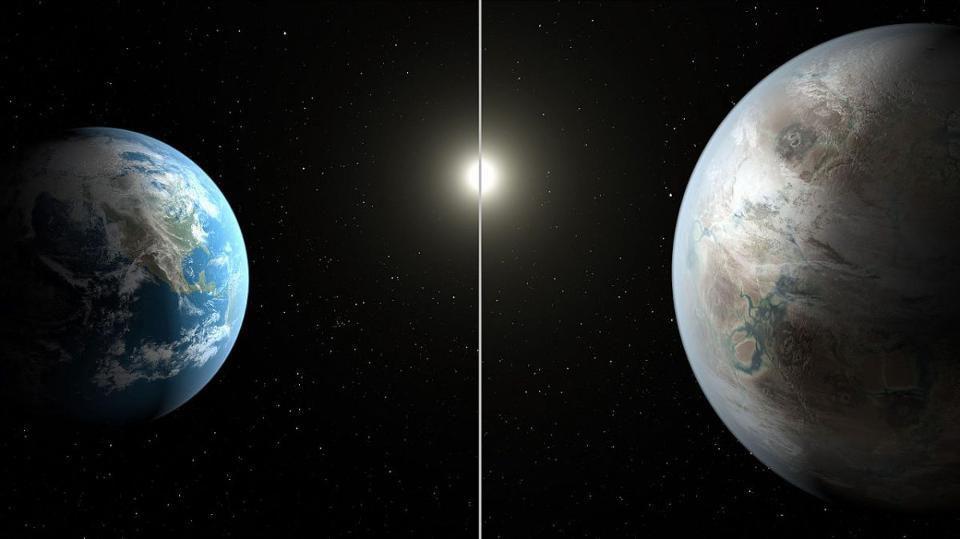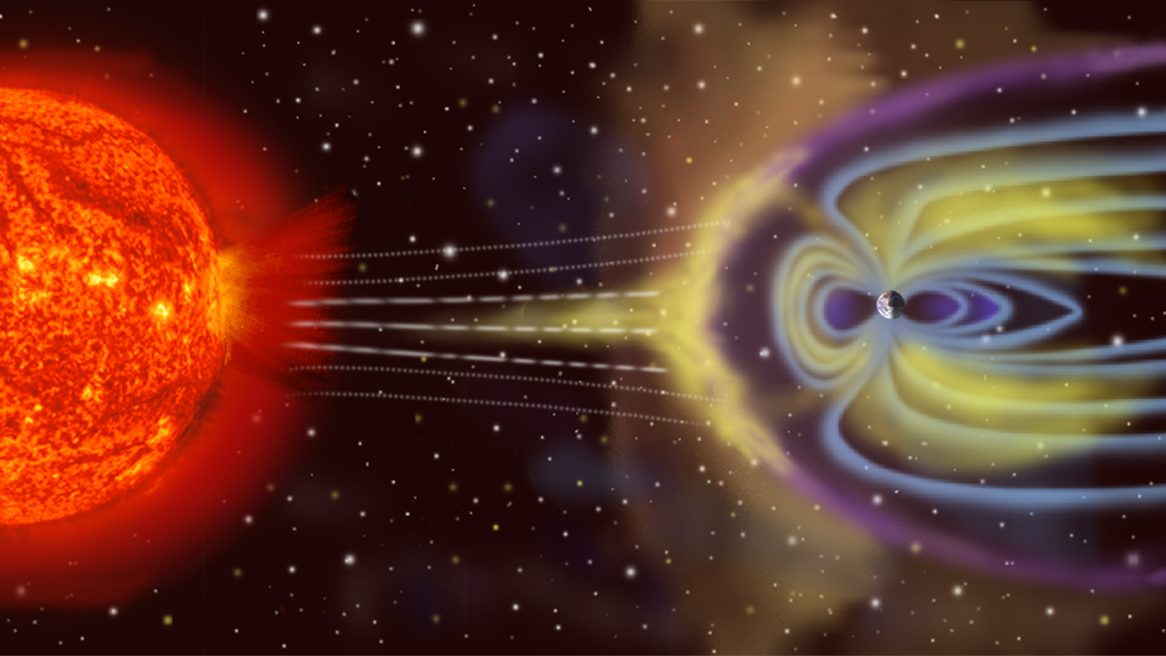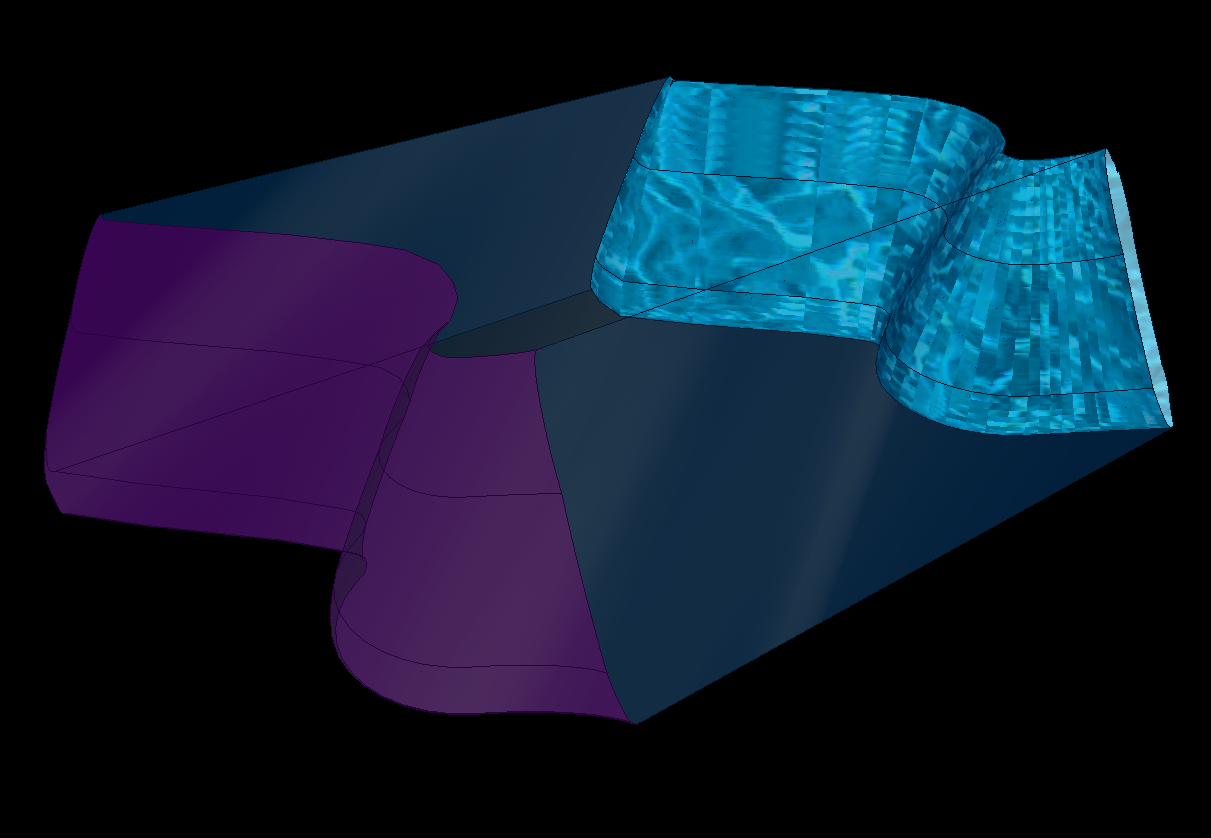Time is relative, not absolute, as gravity and motion both cause time to dilate. Your head and feet, therefore, don’t age at the same rate.
Search Results
You searched for: Mercury
So far, two papers have been retracted, and a third is under investigation. Accusations of plagiarism appear convincing.
Even without the greatest individual scientist of all, every one of his great scientific advances would still have occurred. Eventually.
The closest known star that will soon undergo a core-collapse supernova is Betelgeuse, just 640 light-years away. Here’s what we’ll observe.
Comet A3, also known as Comet Tsuchinshan-ATLAS, has sprung to life since 2024’s last equinox. Here’s how to catch the show for yourself.
Back in 1990, we hadn’t discovered a single planet outside of our Solar System. Here are 10 facts that would’ve surprised every astronomer.
Following the advent of human space flight, NASA began naming missions after children of Zeus.
Scientists track down a puzzling early burst of oxygen on Earth.
From surviving on wild plants and game to controlling our world with technology, humanity’s journey of progress is a story of expanding human agency.
Can two planets stably share the same orbit? Conventional wisdom says no, but a look at Saturn’s moons might tell a different story.
All across the Universe, planets come in a wide variety of sizes, masses, compositions, and temperatures. And most have rain and snow.
And why, even at its faintest, it always outshines every other star and planet. If you’ve been looking to the west after sunset recently, you may have noticed that there’s one […]
Despite all that we’ve learned about the Universe, there remain unanswered, and possibly unanswerable, questions. Could “God” be the answer?
Our understanding always will remain incomplete.
Get ready for the most peculiar road trip that will help you understand the vastness and emptiness of the solar system — and Sweden.
The Solar System isn’t a vortex, but rather the sum of all our great cosmic motions. Here’s how we move through space.
In logic, ‘reductio ad absurdum’ shows how flawed arguments fall apart. Our absurd Universe, however, often defies our intuitive reasoning.
Many suspicious deaths of both humans and pets have been solved with the help of insects.
Asteroid collisions aren’t always bad.
If dogs are out in coats and boots, how are the squirrels feeling?
From life on Earth to the planet itself, there are four ways our planet will actually experience “the end,” no matter how we define it.
If you bring too much mass or energy together in one location, you’ll inevitably create a black hole. So why didn’t the Big Bang become one?
We’re still using 800,000 gallons of embalming fluid a year, but burials are becoming far less common.
The original principle of relativity, proposed by Galileo way back in the early 1600s, remains true in its unchanged form even today.
For centuries, Newton’s inverse square law of gravity worked beautifully, but no one knew why. Here’s how Einstein finally explained it.
Straddling the bounds of science and religion, Newton wondered who set the planets in motion. Astrophysics reveals the answer.
In terms of the planets we’ve discovered, super-Earths are by far the most common. What does that mean for the Universe?
As the Sun ages, it loses mass, causing Earth to spiral outward in its orbit. Will that cool the Earth down, or will other effects win out?
Unless you confront your theory with what’s actually out there in the Universe, you’re playing in the sandbox, not engaging in science.
The first stars took tens or even hundreds of millions of years to form, and then died in the cosmic blink of an eye. Here’s how.




